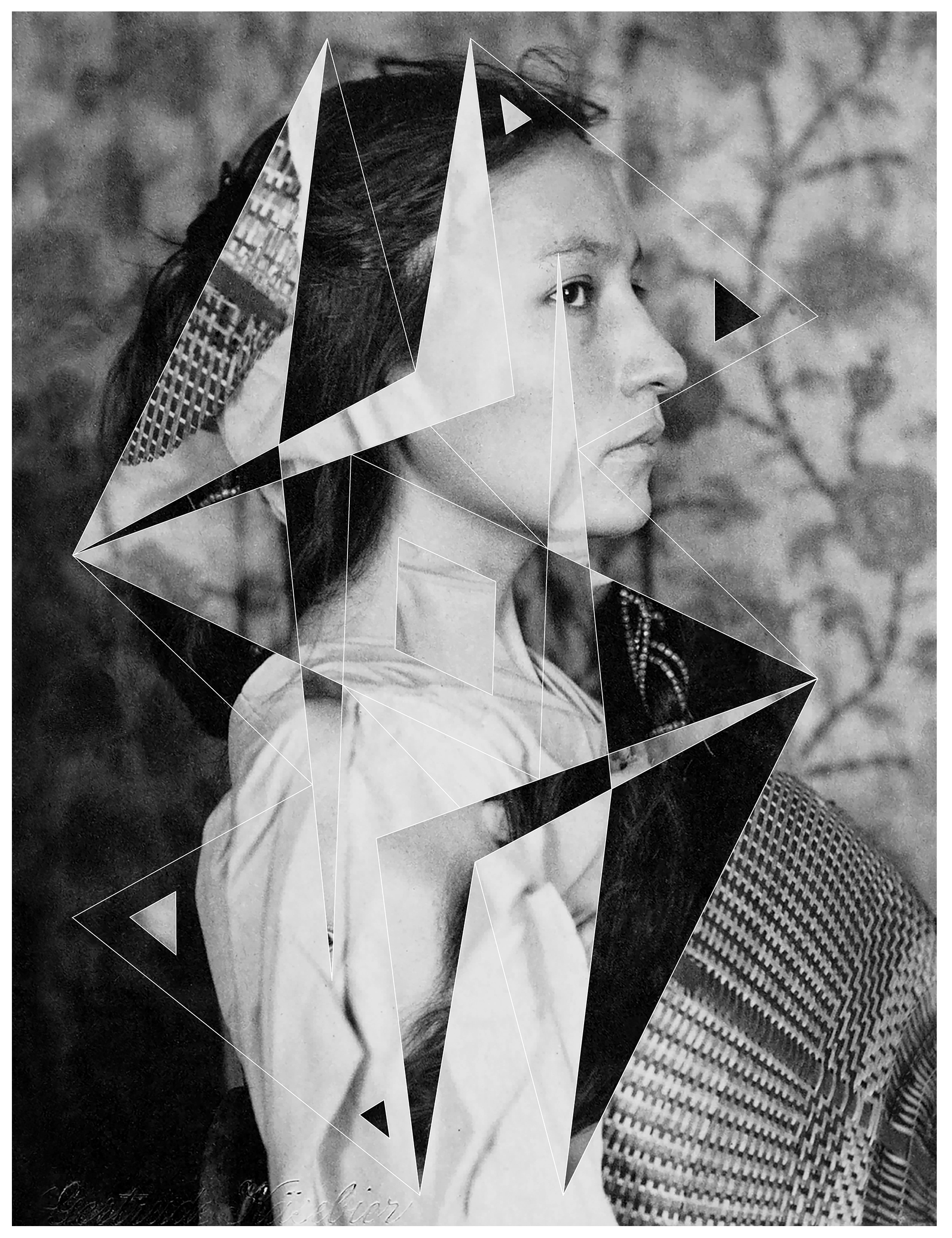
Zitkála-Šá (Red Bird)(1876-1938)
Zitkála-Šá (Red Bird) 1876-1938, also known as Gertrude Simmons Bonnin, was a member of the Yankton Sioux (or Dakota) Nation, a musician, writer and activist who fought for women's suffrage and Indigenous voting rights in the early 20th century. She was one of the most important reformers of the 20th century.
Zitkála-Šá was born in 1876 as a member of the Yankton Sioux (or Dakota) Nation, the same year that the Lakota, Cheyenne and Arapaho peoples defeated the U.S. Army at the Battle of the Little Big Horn. At the age of eight, missionaries from the White’s Manual Labor Institute came to the reservation to recruit children for their boarding school. Zitkála-Šá’s mother was hesitant to send her, but Zitkála-Šá was eager to attend and convinced her mother. Zitkála-Šá attended the Quaker-run boarding school but her time there was traumatic. She was beaten and punished for speaking her tribal language and practicing her Sioux culture. Zitkála-Šá graduated and enrolled in a teacher training program at Earlham College, where she was one of the few Indigenous students, before transferring to The New England Conservatory of Music to study violin. While studying music in Boston, she wrote autobiographical essays and short stories under her Sioux name “Zitkála-Šá” meaning “Red Bird” in the Yankton language. Her first book, Old Indian Legends, was significant because it translated many Sioux myths to English to preserve for future generations.
By 1900, Zitkála-Šá was teaching music and speech at the Carlisle Indian Industrial School in Carlisle, Pennsylvania. She believed the administration at the school patronized Native students and left within two years. After leaving Carlisle, Zitkála-Šá returned home to the reservation and began to work for the Bureau of Indian Affairs (BIA) at Standing Rock Indian Reservation as a clerk. She also continued to write. In 1911, she joined the Society of American Indians (SAI), an organization founded for and by Native Americans to challenge the wardship status of Native Americans and their lack of U.S. citizenship. Zitkála-Šá was one of many women in the SAI who advocated for women’s suffrage and in 1917 she became the secretary of the SAI and moved to Washington, D.C. Here, she became a visible part of the Women’s Suffrage Movement and spoke at the National Women’s Party headquarters in 1918. Zitkála-Šá’s beliefs about women’s equality were influenced by the strong women in her family, her culture, and her experience in Quakers schools.
In August 1920, the Nineteenth Amendment was ratified, taking away sex as a barrier to voting for citizens. However, at least one third of Native adults lacked U.S. citizenship and therefore still could not vote. Zitkála-Šá continued her fight for Native American citizenship and suffrage, urging American women who now had the vote to help support an Indian citizenship bill. She traveled around the U.S., calling on white women to use their newly won suffrage rights to enfranchise Native peoples. In 1924, in part due to Zitkála-Šá’s advocacy, Congress passed the Indian Citizenship Act.
In 1926, Zitkála-Šá and her husband formed the National Council of American Indians to connect the political activism of Natives across the country. They traveled, heard concerns, discussed policy and legislation, and registered voters. As some states began to adopt strategies similar to Jim Crow laws to disenfranchise Native people, Zitkála-Šá kept advocating for Native rights, suffrage, and self-governance until her death on January 26, 1938. (based on Marisa Mathias)
SOURCES
https://www.womenshistory.org/education-resources/biographies/zitkala-sa